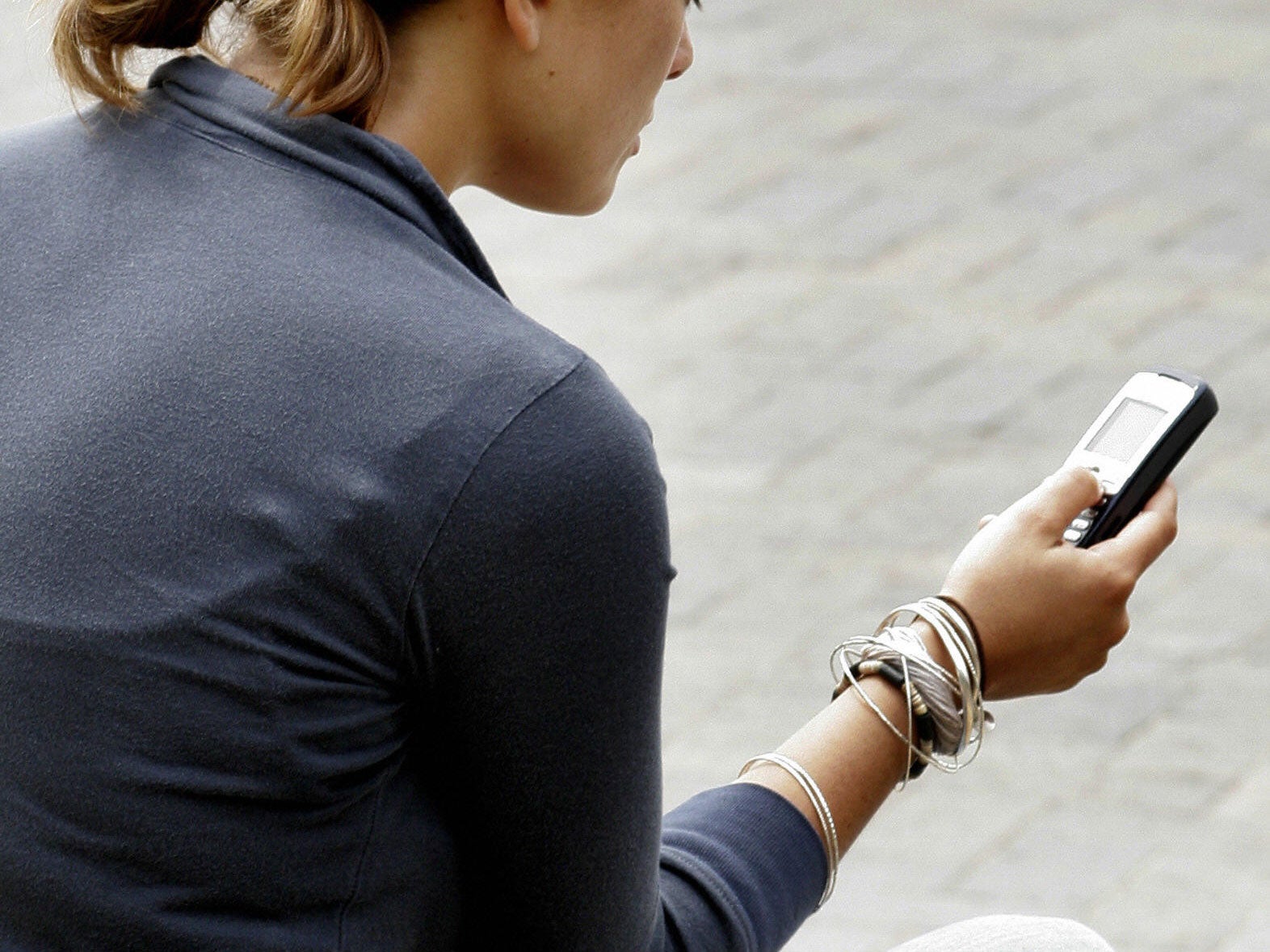Is a reality TV show really the only way to teach young people about rape?
When did it become accepted that many cannot grasp no means no?

On Monday evening at 9pm, BBC3 will broadcast a new show called Is This Rape?. It sounds like a sketch Chris Morris might have written for The Day Today. But it is not. It is a real, hour-long television show, subtitled “Sex on Trial”, which will present a fictional sexual encounter between two young people at a house party and then ask a group of teenagers to debate if it was consensual or not. The BBC says it is a “unique event”. I say, bring back Bake Off. Please.
Obviously because this is television – and not just television, but youth-oriented television – there is also an interactive element to the show. Modern audiences cannot be expected to sit still, stop taking selfies and watch a serious programme about someone other than themselves for a full hour, so they will get a chance to vote, and a chance “to take part”, too.
So here we are: rape as reality television. Was she asking for it? Dial this number, or vote using the hashtag #youwearaskirtthat-shortandyoudeserveallyougettobehonest on Twitter. It isn’t quite that crass, but if the programme-makers were hoping for plaudits for giving the issue a primetime slot, they might have held back on the gimmicky presentation, or on the presenter who proudly describes himself as “devil’s advocate”.
Switch on after the initial credits and you might be forgiven for thinking it is just another talent show, as 24 teenagers are herded larkily on to a coach, driven to an “undisclosed location” (why?) where they will stay for two days (why?), cut off from their phones (why?) and split into boy and girl groups as if on some kind of consent boot camp.
Despite this flimflam, it’s heartening that most of the teenagers come across as far more intelligent than the format they find themselves trapped within. At its heart, Is This Rape? has good intentions and an educative purpose: to clear up the confusion around sexual consent. The question is: when did it become accepted that so many find it tricky to grasp that no means no? When did it become a broadcaster’s, or a university’s, responsibility to teach this most basic lesson?
Certainly people appear more confused than ever before. Take the Warwick University student George Lawlor, who was so incensed upon logging into Facebook and discovering that he had been invited to a consent class rather than a banterous fancy dress party that he was moved to write an article about his ordeal on a student website. “To be invited to such a waste of time was the biggest insult I’ve received in a good few years,” he wailed. Really? That seems unlikely, George. He accompanied his tantrum with a photograph of himself holding a sign saying, “This is Not What a Rapist Looks Like” – an act so brain-achingly dumb it might almost be classed as an assault. If Lawlor believes that no rapist wears a V-neck jumper or attends a Russell Group university, that they all lurk around in bushes wearing balaclavas and slavering, then he might find an hour’s class quite enlightening.
He would not be the only one to benefit from a little perspective realignment. How about the man in Cardiff who posted an “open letter” on his Facebook page about his “disheartening” and “offensive” experience when a woman started running away from him as he walked, “fast behind her”, on a dark road after midnight. Or take the trolls who reacted to the Labour MP Jess Phillips’ rejection of a debate for an International Men’s Day by sending her a barrage of vile rape fantasies online. When Phillips spoke out about the abuse, she received yet more messages questioning whether she had been abused in the first place. A finer, or more depressing, parable for victim blaming one could not find.
When one considers that one in five women between the ages of 16 and 59 has experienced some form of sexual violence, including one in three female students, then consent classes come to seem a necessity. If nothing else, they may teach people that 90 per cent of rape victims know their attacker; that of an estimated 85,000 rapes in England and Wales every year, only 1,070 end in a conviction. Freshers’ Week, however, is too late – consent should be studied with sex education at school. Then, one hopes, no one ever need find themselves asking the question “is this rape?” ever again.



Join our commenting forum
Join thought-provoking conversations, follow other Independent readers and see their replies